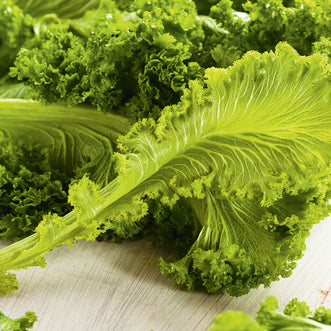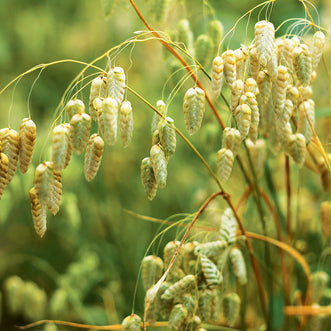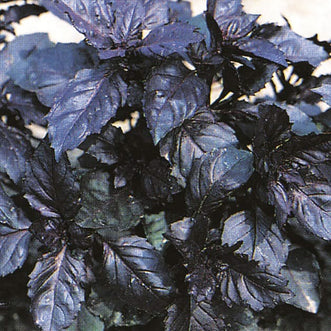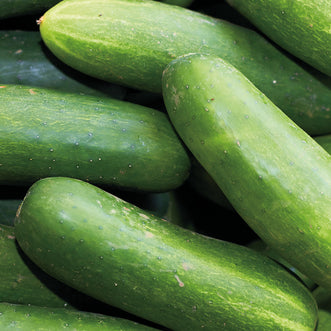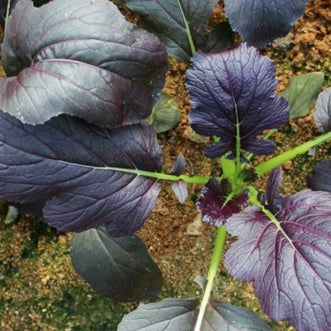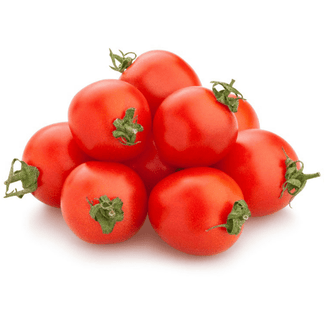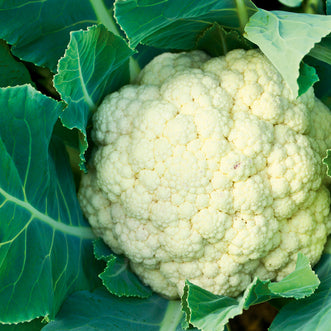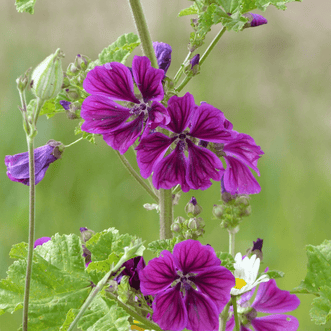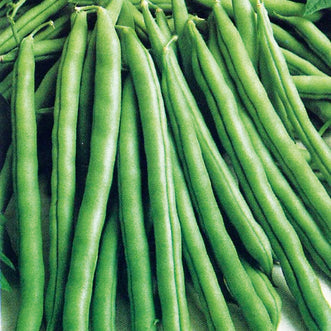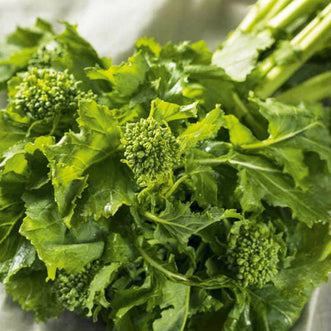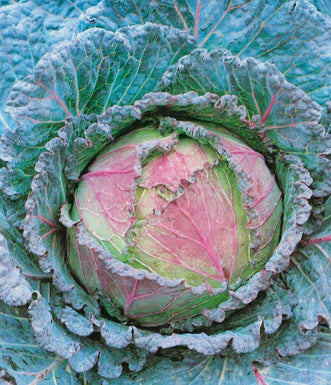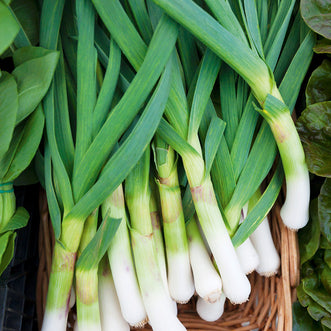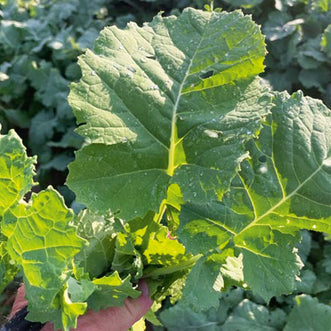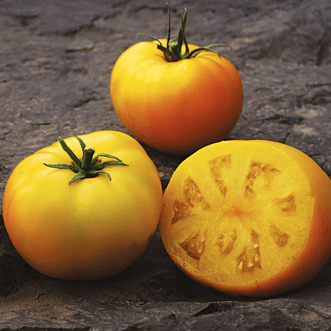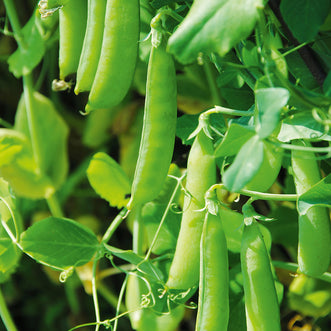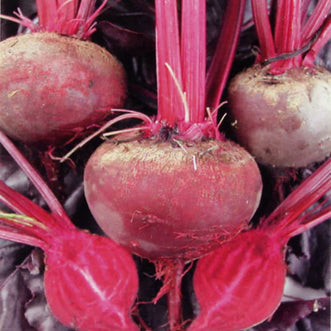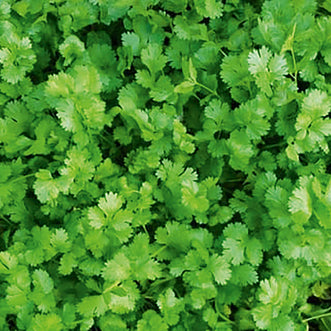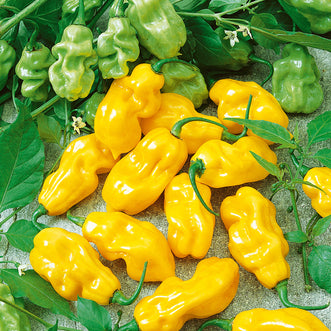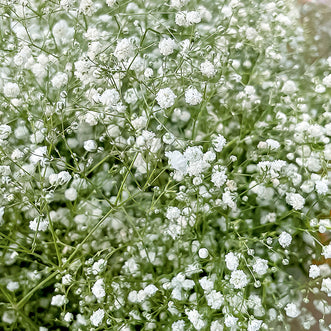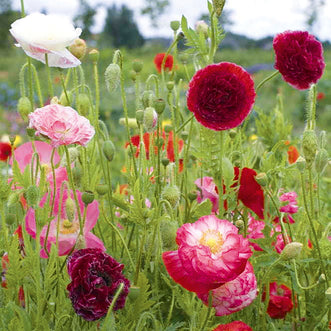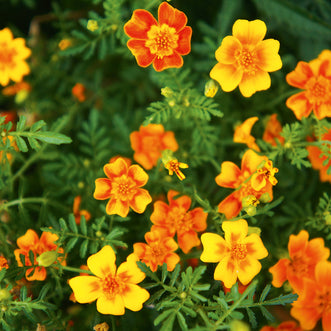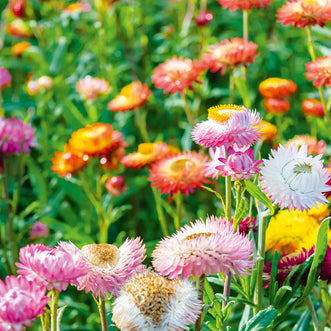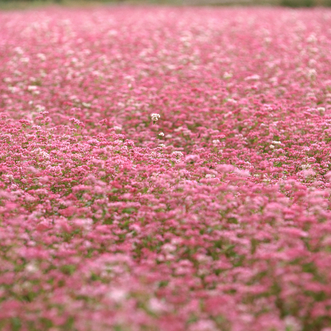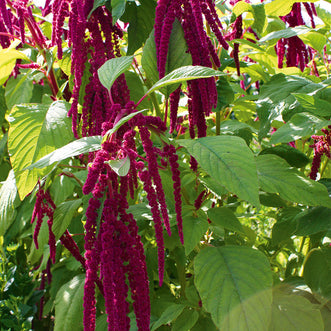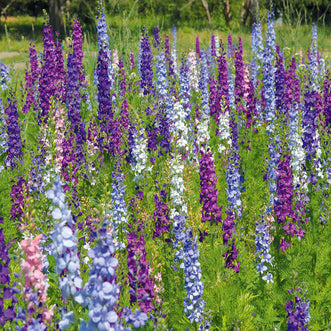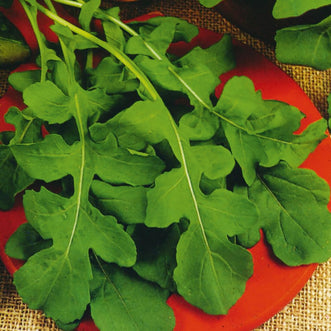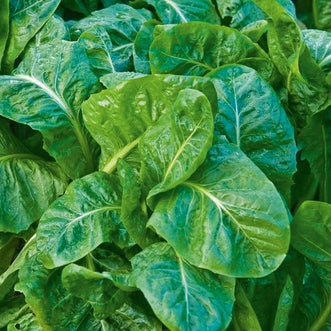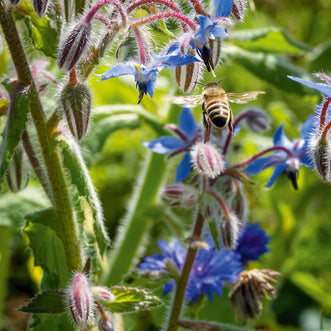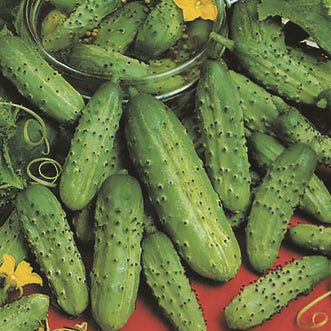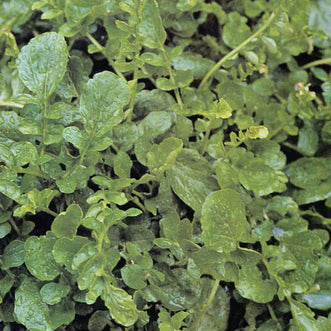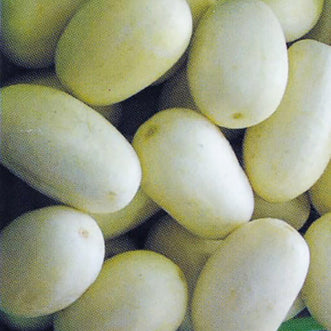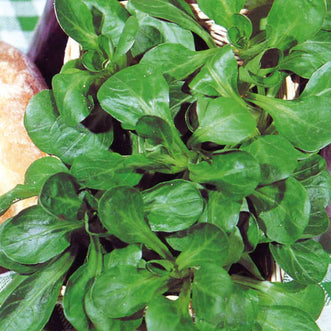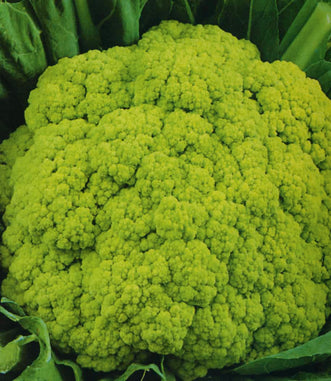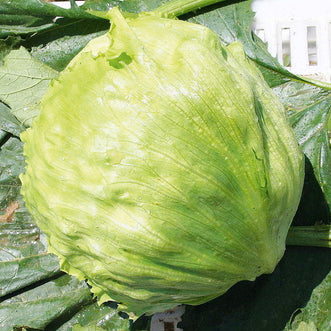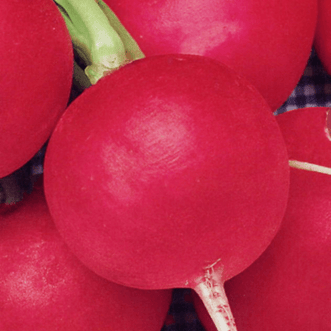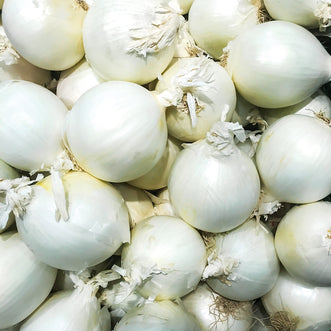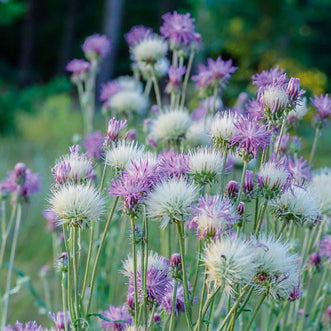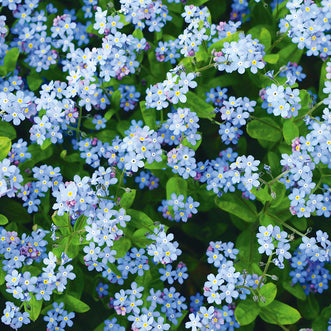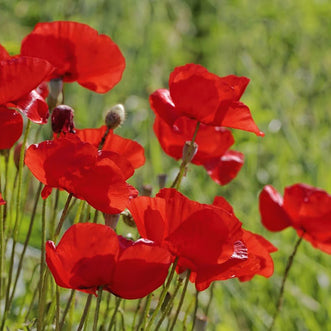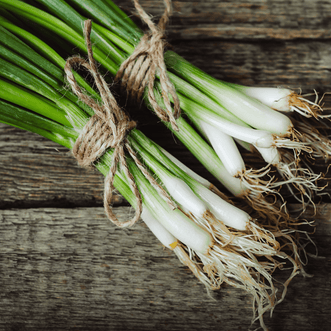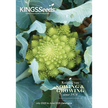Starting Your Gardening Journey: Understanding the Basics
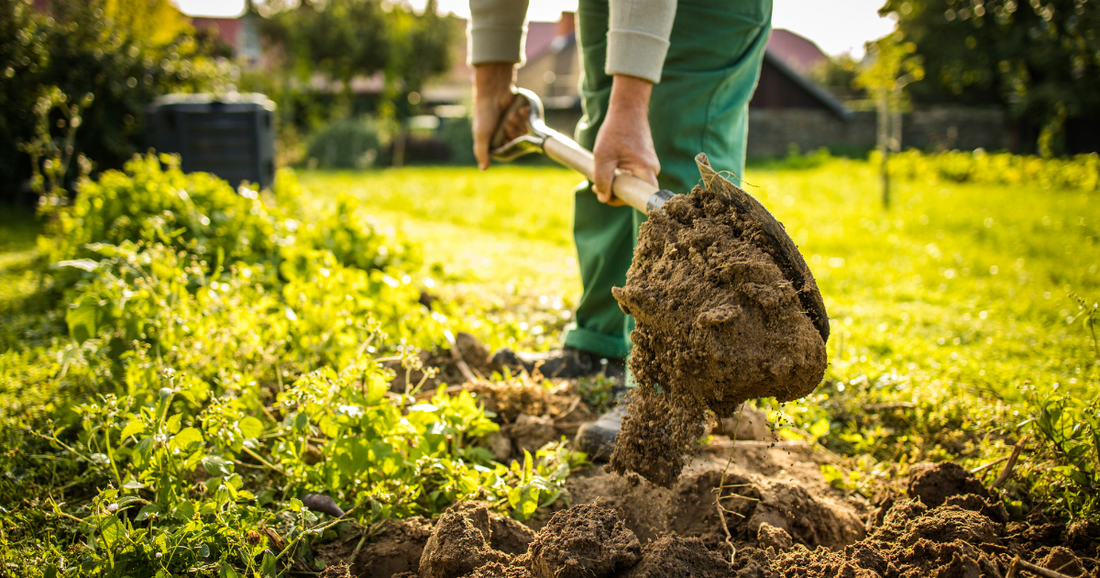
Let us dive into the essential basics of gardening and provide you with valuable tips and techniques to kickstart your gardening experience. Understanding the fundamentals of gardening is crucial as it sets the stage for a successful and enjoyable journey. We will cover topics such as soil essentials, sunlight's role in your garden, garden hydration, starting small, and garden maintenance, all aimed at helping beginners master the art of gardening. Join us as we explore how to garden for beginners and master the gardening basics.
Soil Essentials: The Foundation of Garden Health
Garden soil can make or break your garden's overall health and success. The composition of your soil affects the growth and well-being of your plants. High-quality garden soil typically contains a balanced combination of sand, silt, and clay, which provides aeration, drainage, and nutrient retention for your plants.
To test the quality of your garden soil, you can perform a simple soil texture test by taking a handful of moist soil and squeezing it. If the soil forms a tight ball and retains its shape, it likely contains a high clay content. If it crumbles easily, it may have a high sand content. For optimal soil fertility, aim for a balance of all three soil types.
To improve garden soil quality, add organic matter such as compost, manure, and mulch. These materials enhance soil structure, increase its ability to hold moisture and provide essential nutrients to your plants.
Selecting the Perfect Spot: Sunlight's Role in Your Garden
Sunlight provides energy for photosynthesis, which is crucial for the growth and development of plants. When selecting the perfect spot for different plants, it's important to consider their sunlight requirements. Some plants, such as tomatoes and peppers, require full sunlight for a significant portion of the day, while others, like lettuce and herbs, can thrive in partial sun. Assessing the sunlight each area of your garden receives throughout the day can help you determine the best plant locations.
For plants requiring full sun, choose a spot that receives at least 6-8 hours of direct sunlight daily. North-facing areas in your garden often receive the most sunlight, making them ideal for sun-loving plants. On the other hand, plants that prefer shade can be grown in areas that receive filtered sunlight or shaded by other plants for a portion of the day.
In addition to understanding the gardening basics of plant sunlight needs, it's worthwhile to consider the intensity of the sunlight. Some plants, especially seedlings, may require protection from intense midday sun, while others thrive in these conditions. Shade cloth can help with sunlight intensity on scorching summer days.
Garden Hydration: How Often to Water Your Garden
One key thing to note with gardening maintenance when watering your garden is that some plants require frequent watering, while others may thrive with less. Consider factors such as the soil type, weather conditions, and the plant's developmental stage. For instance, during hot and dry weather, more frequent watering may be necessary, while in cooler and wet conditions, less frequent watering may be necessary.
You can check the moisture level by feeling the soil with your fingers. If the soil feels dry to the touch, it's generally an indication that watering is required. Avoid overwatering, as this can lead to root rot and other issues.
Starting Small: The Key to Success
Starting with a small number of plants can allow you to focus your attention and care on a manageable scale, ensuring each plant receives the proper care and attention it needs. When selecting plants, consider the seasonal cycles; choosing plants suitable for the current season will set you up for success.
For beginner gardeners, we recommend starting with easy-growing vegetables such as tomatoes, lettuce, spring onion, corn, radish, peas and zucchini. These plants are relatively easy to grow and rewarding for first-time gardeners. Additionally, consider planting resilient flowers or herbs such as marigolds, calendula, pansies, dahlia, zinnia, parsley, coriander or basil. These plants not only add beauty and fragrance to your life but also provide a fantastic opportunity to learn about the importance of bringing pollinators into your garden.
Starting small and focusing on easy plants to grow will create a successful and enjoyable gardening experience. It's all about discovering the joy of nurturing and savouring your plants while learning the gardening basics day by day.
Garden Maintenance: Taking Care of Your Plants
One of the most crucial steps in the how to garden for beginners handbook is weeding. Regularly removing weeds helps prevent them from competing with your plants for water, nutrients, and sunlight. It's important to pull weeds before they flower and set seeds to prevent them from spreading further.
Mulching is another vital aspect of garden maintenance. Applying a layer of mulch around your plants helps retain moisture in the soil, suppresses weed growth, and regulates soil temperature. Additionally, mulch breaks down over time, adding organic matter to the soil. Living mulch can be a creative and fun way to grow ground covers that do double duty; options like nasturtium, oregano, meadowfoam, thyme, chamomile, silene and cover crops can all double as living mulch.
Start Your Gardening Journey Now
As you begin your garden, don't be afraid to experiment with different plant varieties, from perennials to annuals or cold-hardy and tender plants. Each gardener's season is unique, and learning from both successes and failures is an essential part of the process.
When selecting seeds and products for your garden, consider starting with easy-to-grow plants that are well-suited for beginners. Look for reliable suppliers like Kings Seeds that offer a wide variety of high-quality, tested and trusted seeds and gardening accessories. You will also find a wealth of growing advice and tips & tricks on our website.
Remember, gardening is a rewarding and fulfilling activity that allows you to connect with nature and witness the beauty of life. Enjoy the journey as you watch your garden flourish and grow. Happy gardening!
Sow, Nurture, and Nourish with Kings Seeds.

